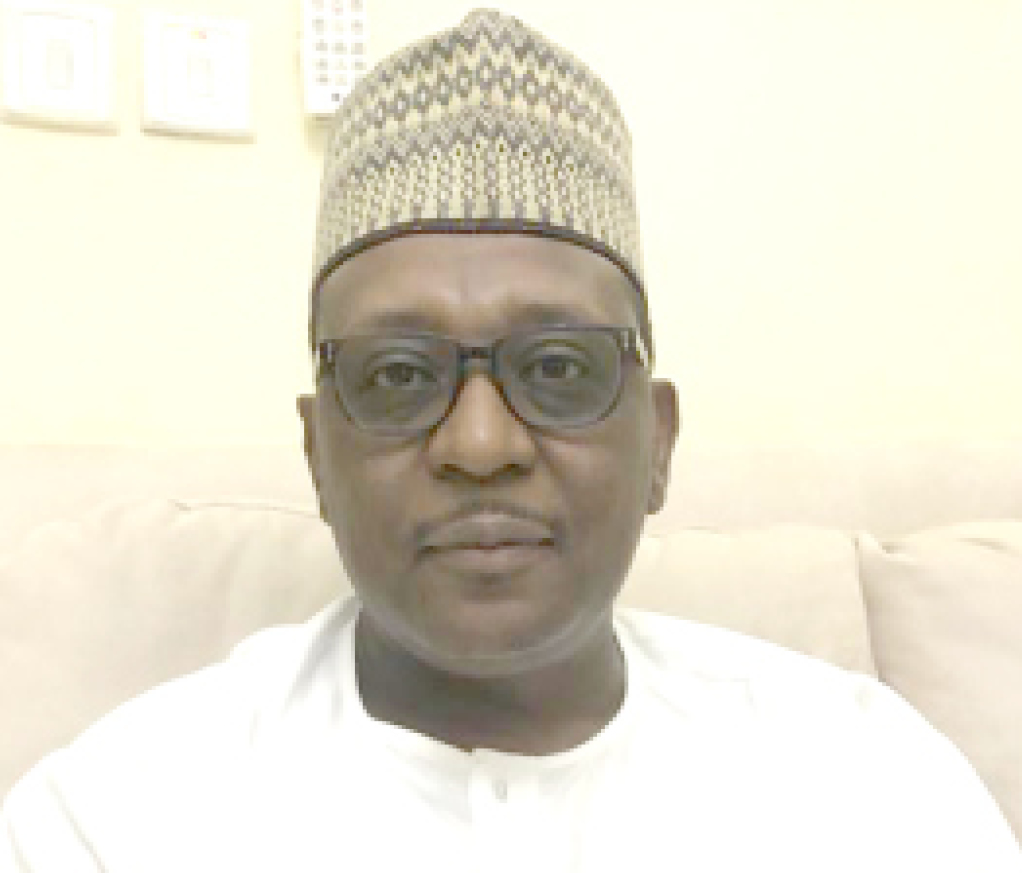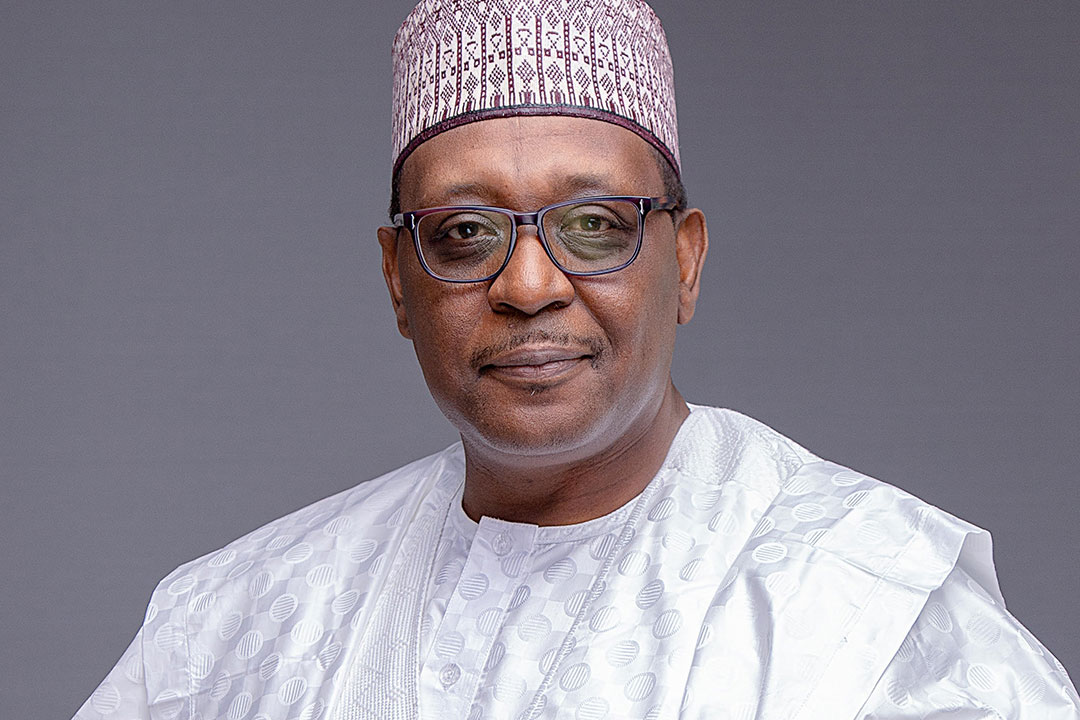Pate’s Appointment as Health Minister Ignites Optimism among Stakeholders

Nigeria’s dynamic healthcare scene is abuzz with anticipation as Muhammad Ali Pate takes the reins as the coordinating minister of Health and Social Welfare. This bold move has ignited a spark of hope among healthcare stakeholders in Africa’s most populous nation, setting the stage for transformative change in the sector over the next four years.
With Pate at the helm, expectations are running high for a holistic enhancement of factors contributing to overall well-being. Beyond the core responsibilities, experts are eyeing a comprehensive reconstruction and well-funded bolstering of the healthcare system’s value chain, promising brighter health outcomes for all.
Pate’s wide-ranging portfolio seems to align seamlessly with the World Health Organization’s (WHO) profound definition of health as a state of complete physical, mental, and social well-being, transcending mere absence of illness.
Leke Oshuniyi, a seasoned observer of the healthcare landscape, envisions Pate’s tenure focusing on “Health for All” by achieving universal health coverage, particularly for the vulnerable segments and those grappling with unemployment.
Harnessing his extensive experience in global health management, Pate is expected to spearhead collaborative funding efforts to tackle Nigeria’s most pressing health challenges, from malaria and tuberculosis to HIV and low vaccination coverage.
“There’s a vital fund to ensure healthcare for 83 million impoverished individuals. If we allocate N12,000 per person per year, the total exceeds N1 trillion,” Oshuniyi emphasized, highlighting the considerable burden. He remains optimistic that Pate’s adeptness at securing overseas funding through grants and counterpart support could unlock these untapped resources.
Many anticipated that Pate’s confirmation would bestow upon him the traditional title of “Minister of Health.” However, it carries an even weightier responsibility – that of overseeing social welfare. Of the 45 ministers within Tinubu’s cabinet, only Pate enjoys the distinction of being designated a coordinating minister.
The World Health Organization’s standards for quality healthcare mandate effectiveness, safety, timeliness, equity, integration, and efficiency. The system should cater to individual preferences, needs, and values while avoiding harm. These principles resonate deeply with Pate’s history.
With an illustrious career that spans leadership roles at the World Bank Group and the Global Financing Facility for Women, Children, and Adolescents, Pate brings a wealth of experience to the table. He previously served as Nigeria’s minister of State for Health during President Goodluck Jonathan’s tenure.
A medical professional trained in Internal Medicine and Infectious Diseases, Pate holds an MBA from Duke University. His academic journey also took him to esteemed institutions like University College London and the London School of Hygiene and Tropical Medicine, where he acquired a Masters in Health System Management.
Toyin Saraki, the visionary founder of Wellbeing Africa and former first lady of Kwara State, lauds Pate’s unwavering dedication to advancing healthcare accessibility and quality in Nigeria. In a tweet, she commends his track record of bridging gaps, driving evidence-based actions, and advocating for equitable healthcare.
Saraki’s confident stance is palpable: Pate’s leadership is poised to bring revolutionary changes to Nigeria’s healthcare landscape. The promise of enhanced access, a renewed focus on individual well-being, and transformative advancements under Pate’s guidance herald a brighter future for generations to come.


